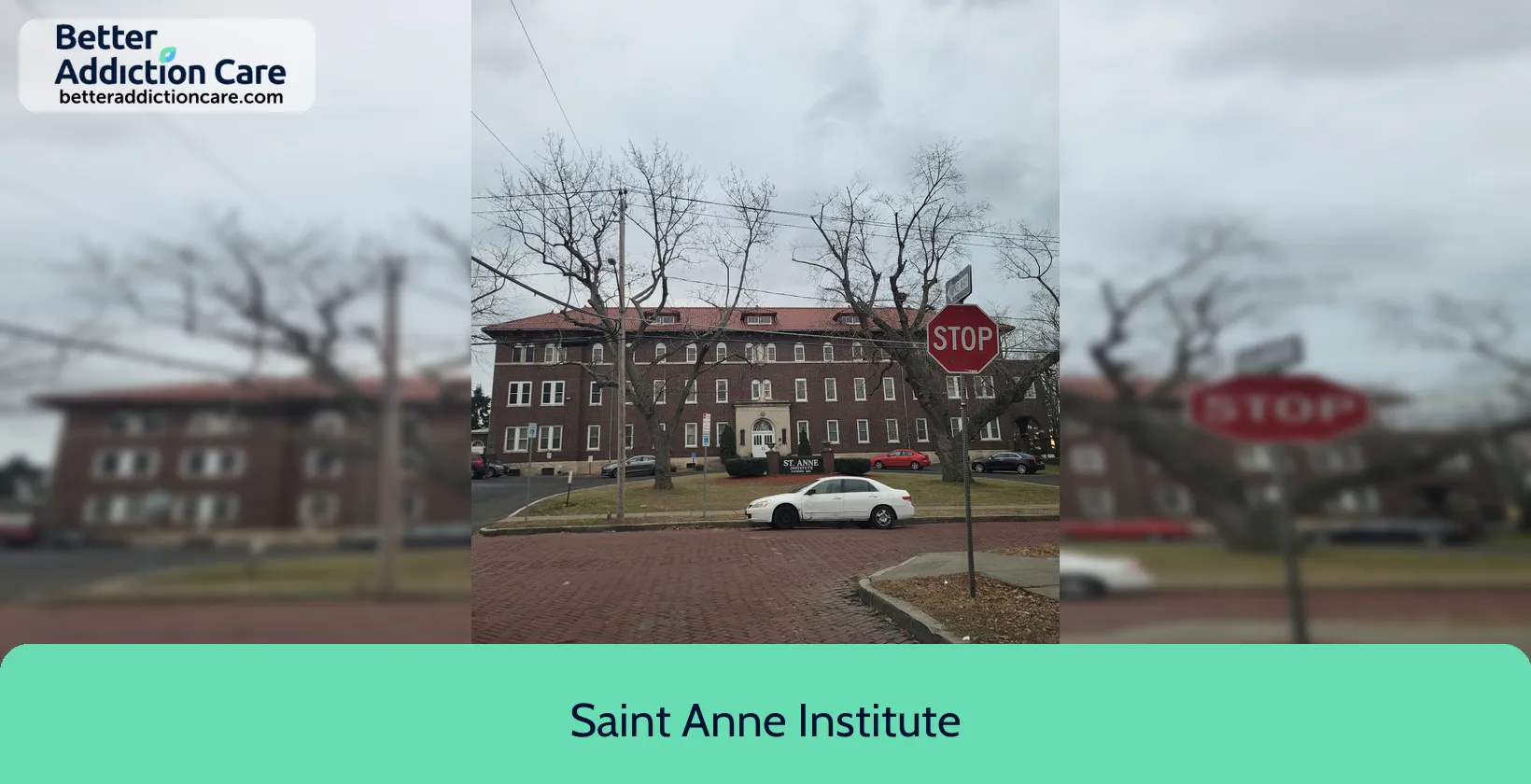Hope House - The Next Step

Overview
Hope House - The Next Step is a substance abuse treatment center for people seeking treatment near Albany County. As part of their treatment modalities for recovery, Hope House - The Next Step provides cognitive behavioral therapy, telemedicine/telehealth therapy, and substance use disorder counseling during treatment. Hope House - The Next Step is located in Albany, New York, accepting cash or self-payment for treatment.
Hope House - The Next Step at a Glance
Payment Options
- Cash or self-payment
- Medicaid
- Medicare
- Federal, or any government funding for substance use treatment programs
- Aetna
Assessments
- Screening for tobacco use
- Comprehensive mental health assessment
- Comprehensive substance use assessment
- Outreach to persons in the community
- Screening for mental disorders
Age Groups
- Seniors or older adults
- Young adults
- Adults
Ancillary Services
- Case management service
- Integrated primary care services
- Social skills development
- Transportation assistance
Highlights About Hope House - The Next Step
7.59/10
With an overall rating of 7.59/10, this facility has the following balanced range of services. Drug Rehab and Detox: 8.15/10, Alcohol Rehabilitation: 8.00/10, Treatment Options: 7.94/10, Insurance and Payments: 6.27/10.-
Drug Rehab and Detox 8.15
-
Alcohol Rehabilitation 8.00
-
Treatment Options 7.94
-
Insurance and Payments 6.27
Accreditations
Federally Qualified Health Center:
Federally Qualified Health Center (FQHC) accreditation is a process of evaluation and recognition by the federal government for community health centers that provide comprehensive and accessible healthcare services to underserved populations. FQHC accreditation is essential for centers to receive federal funding and to ensure that they meet standards for quality, patient-centered care.
Treatment At Hope House - The Next Step
Treatment Conditions
- Alcoholism
- Substance use treatment
Care Levels
- Hospital inpatient treatment
- Short-term residential
- Long-term residential
- Aftercare
- Halfway house
Treatment Modalities
- Cognitive behavioral therapy
- Telemedicine/telehealth therapy
- Substance use disorder counseling
- Trauma-related counseling
- Smoking/vaping/tobacco cessation counseling
Ancillary Services
Additional Services
- Pharmacotherapies administered during treatment
- Mentoring/peer support
- Breathalyzer or blood alcohol testing
Special Programs
- Clients with co-occurring mental and substance use disorders
- Veterans
- Criminal justice (other than DUI/DWI)/Forensic clients
- Pregnant/postpartum women
- Clients with HIV or AIDS
Get Help Now
Common Questions About Hope House - The Next Step
Contact Information
Other Facilities in Albany

7.23

7.17

7.60

7.56

7.28

7.33

6.65

7.55
DISCLAIMER: The facility name, logo and brand are the property and registered trademarks of Equinox, and are being used for identification and informational purposes only. Use of these names, logos and brands shall not imply endorsement. BetterAddictionCare.com is not affiliated with or sponsored by Equinox.
